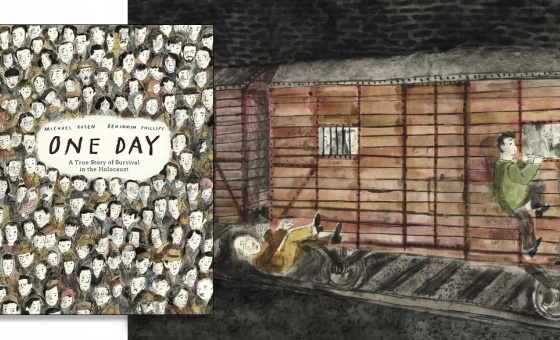This is the last article you can read this month
You can read more article this month
You can read more articles this month
Sorry your limit is up for this month
Reset on:
Please help support the Morning Star by subscribing here
THE number of dangerously malnourished children in Afghanistan has increased by 47 per cent since January this year, a children’s charity has revealed.
According to Save the Children, some of these are babies who die before managing to receive any treatment.
Demand for malnutrition treatment services has surged in recent months as families struggle to cope with Afghanistan’s worst hunger crisis on record.
In January, Save the Children’s 57 mobile health teams admitted about 2,500 malnourished children for treatment.
By September, that number had jumped to around 4,270 children admitted by 66 teams, according to newly released data.
Experts had hoped to see a drop in hunger levels in Afghanistan during the recent summer harvest season, but an ongoing drought has led to failed crops and harvests have been much smaller than normal, forcing many rural families to sell land and livestock to buy food to feed their children.
The other major driver of the food crisis, Afghanistan’s economic collapse, has caused unemployment, poverty and food prices to skyrocket, with many families now only surviving on bread and water for weeks at a time.
Humanitarian organisations have provided vast amounts of life-saving food, but needs are so high that 50 per cent of Afghanistan’s population is still facing extreme hunger, with six million children and adults one step away from famine.
Save the Children doctors say they are overwhelmed with malnourished children, especially young girls who are often deprioritised when it comes to breastfeeding and complementary feeding compared to boys.
The charity says it can’t keep up with the demand for services.
Nelab, 22, comes from a family of farmers who have been hit hard by the drought.
Her three children have all suffered from severe acute malnutrition, including her three-year-old daughter Maryam, who did not receive treatment in time and died on the way to the hospital.
Nelab said: “It makes me sad to know my children are malnourished because we don’t have anything to eat, and I don’t know how I can make them better.”
Save the Children’s country director in Afghanistan Chris Nyamandi said: “Every day we’re faced with the heart-wrenching decision — which children do we save?"
“It’s outrageous and horrifying to think that international leaders have the power to save these children’s lives — but they have been too slow to find solutions and now children are dying as a result.”









